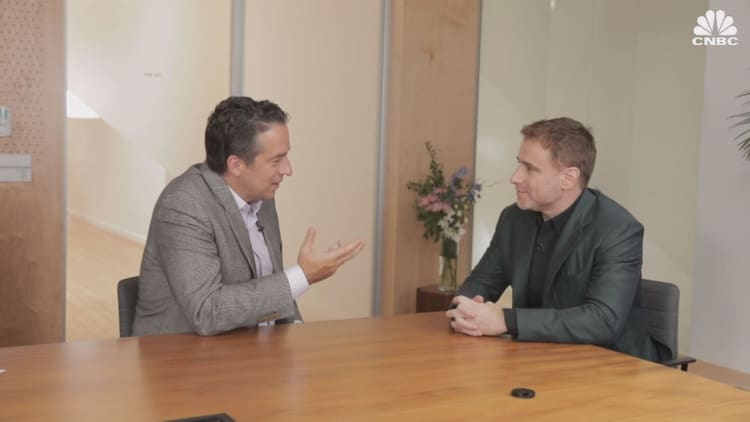Slack, the messaging and chat application for businesses, appears to be setting itself up for the $3.5 trillion health-care market.
Slack, which confidentially filed to go public Monday, recently updated its security page to note that it is HIPAA compliant, suggesting that it is working toward a use case where health-care providers can begin using it to share sensitive patient health information.
Two people who have talked to Slack about the certification said the compliance only currently extends to file uploads, and not for direct messaging or channel communication between health providers. Both the people, who work at health start-ups, said Slack told them it's working to expand its scope to include messaging in the coming months. The sources declined to comment publicly to preserve their business relationship with Slack.
Slack noted via Twitter that only the enterprise version of the product, Slack Enterprise Grid, is HIPAA compliant. The company did not comment further.
Since Slack released its product in 2013, several start-ups have emerged claiming to be the "Slack for health care messaging." One of them, called Stitch, is pitching hospitals on a product that can provide an easy way for patients to check in and receive messages from the front desk. That product is also used by physicians and nurses to share labs, scans and other health information as they work to treat a patient.
Stitch positions itself as taking on an $11 billion market (hospitals waste roughly that amount every year due to communication breakdowns), which points to the size of the market opportunity for Slack.
But the major thing that stood in its way is HIPAA compliance, which applies to "covered entities" including health plans and providers. HIPAA is a set of federal rules and requirements designed to protect patient information.
Slack might have an edge over these smaller competitors, as many physician practices and hospitals already use it for administrative matters that don't touch on specific patient cases. A handful told CNBC that they are looking to expand their use of Slack once it becomes fully compliant.
Slack isn't the only business-to-business company to explore opportunities in health care. Dropbox, Box and others have also added compliance to their offerings to move into the $3.5 trillion market.
"As more and more of health care moves to the cloud, there is a massive opportunity for new tools and platforms to deliver a better experience for health-care professionals and patients," said Box CEO Aaron Levie.
"It's exciting to see Slack support HIPAA compliance and expand into this space."
Disclosure: Comcast Ventures, the venture arm of Comcast, is an investor in Slack. Comcast owns CNBC parent company NBCUniversal.
WATCH: An in-depth interview with Slack CEO Stewart Butterfield



